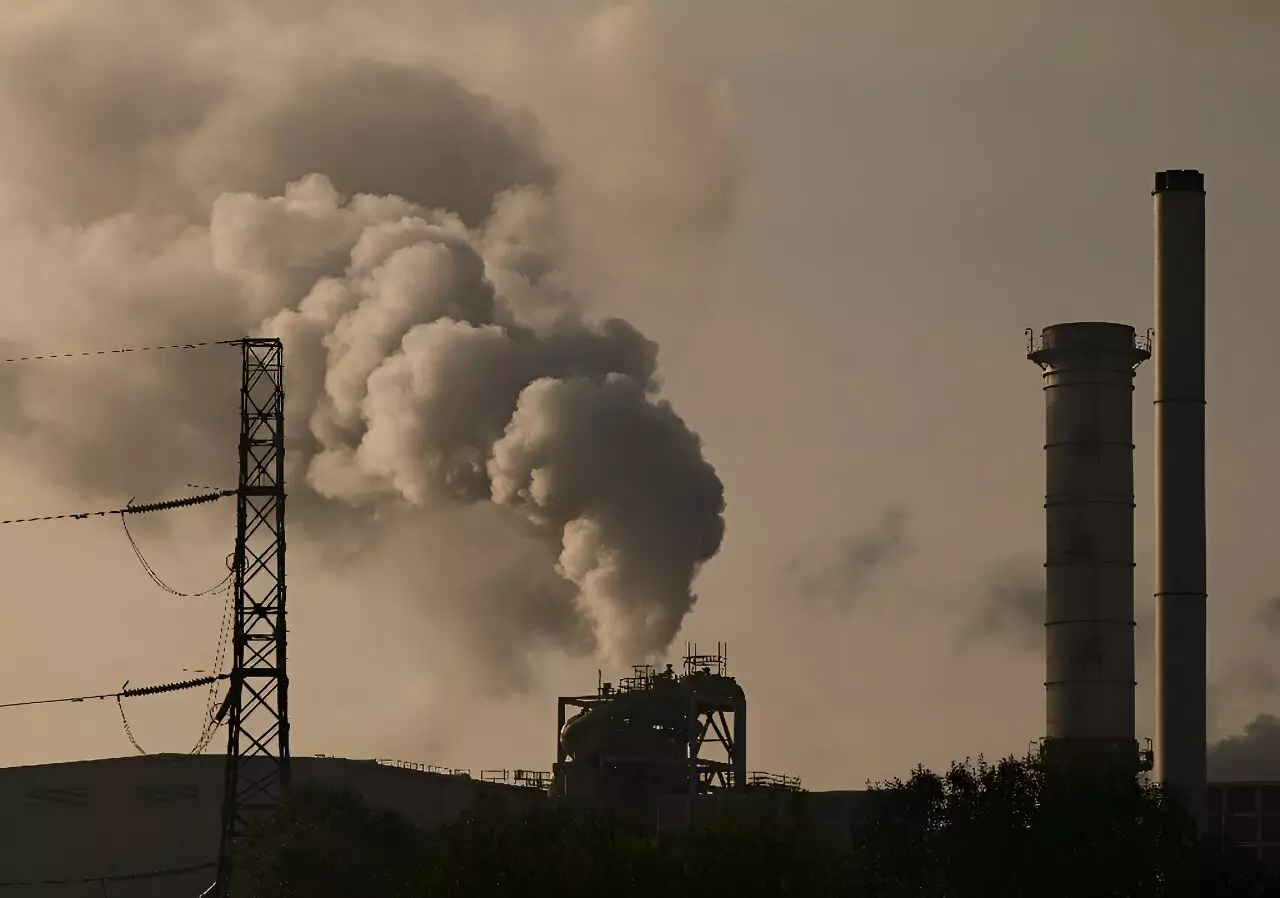British Prime Minister Rishi Sunak’s government recently announced plans to construct new gas-fired power stations in an effort to enhance energy security. This decision has sparked criticism regarding the government’s climate policies, especially as the UK aims to achieve net zero carbon emissions by 2050. The move comes in response to the threat of energy blackouts, particularly during periods when renewable energy sources may not be able to meet the country’s energy demands.
The UK has been at the forefront of promoting low-carbon energies such as nuclear, solar, and wind power as part of its strategy to combat high domestic electricity and gas bills. Following Russia’s invasion of Ukraine in early 2022, which led to a disruption in gas supplies and a surge in energy costs, the government has been under pressure to address the growing cost-of-living crisis. Despite the emphasis on renewable energy sources, the government believes that new gas power plants are necessary to ensure a reliable energy supply, especially on days when weather conditions may not be conducive to renewable energy generation.
The announcement to build new gas-fired power stations has faced backlash from various quarters. Critics, including the opposition Labour party, have raised concerns about the government’s failure to prioritize clean energy alternatives. Labour energy spokesman Ed Miliband has called for a shift towards a decarbonized power system that includes renewable energy sources like onshore wind turbines, carbon capture, and hydrogen. The government’s decision to rely on gas as a backup for renewables has been met with skepticism, with environmentalists warning that it could hinder efforts to combat climate change.
While the government defends its decision to invest in gas-fired power stations as a means of ensuring energy security, questions remain about the long-term implications for the UK’s climate goals. The independent Climate Change Committee has acknowledged the need for a small amount of gas-fired power to maintain a balanced and secure energy supply. However, critics argue that the government’s reliance on gas may undermine its commitment to transitioning to a low-carbon economy.
As the government pushes ahead with its plans to build new gas power plants, the debate over the future of energy policy in the UK intensifies. While energy security remains a top priority, finding a sustainable and environmentally friendly solution is crucial to meeting the country’s net zero targets. The need for a comprehensive and integrated approach to energy policy that prioritizes clean energy alternatives while ensuring reliability and affordability is paramount in navigating the challenges of the energy transition.


Leave a Reply